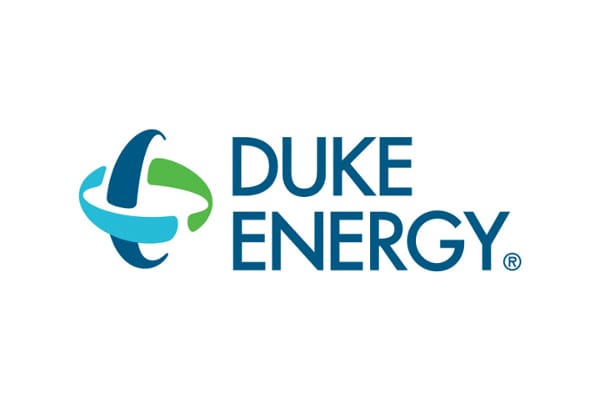Why Duke Energy and Others had Commercial Solar Programs Long Before Adopting Solar at Their Utilities
The N.C. Chamber’s energy and environment conference featured a technology panel with representatives of the South’s three largest power companies, and John Morrison of Strata Solar had a question for them.
During the conference, held Thursday in Durham, he noted each of those companies has plunged into solar power production in their regulated utilities during the last year or so. But he also pointed out that each had been a solar power generator in its unregulated operations for years, selling renewable energy to other utilities in other states.
“What prevented you from being more active at home until now?” asked Morrison, Strata’s senior vice president of public affairs and asset management.
There were various answers.
Bo Sommers, deputy counsel for Charlotte-based Duke Energy (NYSE:DUK), the nation’s largest utility, said in North Carolina there was a tax impediment. Independent power producers qualify for a 35% tax credit for their projects from North Carolina. Utilities cannot take advantage of that tax break.
So solar was economically more feasible for independents such as Strata, whose development program has played a key role in making North Carolina one of the nation’s leaders in utility-scale solar construction.
Jim Eck, vice president of business development for Dominion Resources, the nation’s second-largest electric utility, said Dominion pursued solar projects in other states as a commercial investment to learn more about how to build systems effectively. It is now taking what it has learned elsewhere and applied that information to developing solar at its regulated utilities, Eck said.
Jim Kerr, a former member of the N.C. Utilities Commission who is now general counsel at Southern Co., the nation’s fourth-largest electric utility, echoed Eck. But he added that in the last two years, the cost of developing solar projects has dropped significantly.
“But I think what you are getting at is also true — that there have been cultural issues inside our company,” Kerr added. “At Southern, we really have a push on now to think differently. We get that the world is changing and we are working to change with it.”
In the end, the economic considerations — solar energy’s plummeting costs and the expectation that natural gas prices will rise — are probably the trump card here.
Several years ago, Jim Rogers, Duke’s CEO at the time, answered the same question — why was Duke involved in renewables on its commercial side. He said it was too expensive for its own utilities.
He made the point that utilities all over the country are required to produce a certain amount of power from renewable resources — as N.C. utilities are. Rogers said it cost too much. But Duke’s unregulated business could make money selling expensive renewable power to other utilities, while producing its own renewable energy at its utilities would drive up costs for its customers. “I’d rather be a seller than a buyer” in that market, he said.
After the conference, Morrison said the situation is different now. Solar prices have dropped, and that has changed the market.

